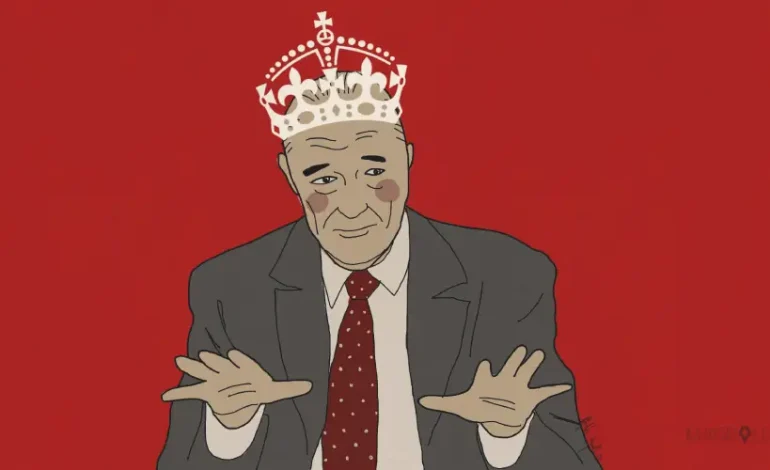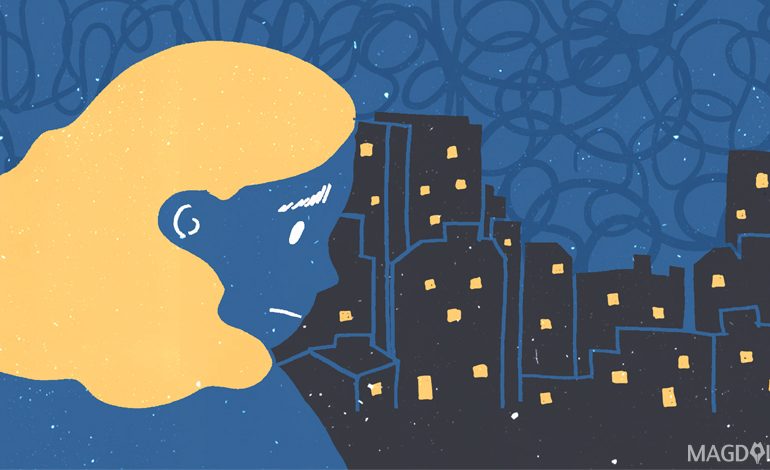There is No Equality Without Representation

At the end of 2018, some student council representatives invited me to speak at their event. I was to speak in front of new students and upcoming graduates who needed some motivation.
Things seemed fine until I found out that the speakers were all men. I explained my discomfort to the organizer and said I wanted to cancel my attendance. The committee said the flyers had already been distributed and that they had expected me to come. I expressed my disappointment with them for not being contactable until the day before the event, and for not notifying me who the other speakers were beforehand.
I recorded the following message and sent it to them: “Let this be a lesson for us all. You can’t expect the all-male speakers to be relatable to the girl attendees, right? These men have never felt what it’s like to be stigmatized when they come home late from meetings. They don’t know how unsafe girls feel when they walk on the street passing catcalling men. They have no clue what menstrual cramps feel. We, men, can never relate to that. Only women can do that. This is why representation matters.”
Representation matters. Not as a formality or because it’s a popular thing to do. It is the right thing to do. In my context, I believe women speakers representing themselves on stage to be very important. Most of my experience in Indonesia showed me that women public speakers are rarely found compared to their male counterparts.
My experience convinced me that we need to detach the exclusivity of public speaking as an attribute of maleness, by inclusively supporting women representation in the same sphere.
The author Mary Beard said in her book Women & Power: “…public speaking and oratory were not merely things that ancient women didn’t do: they were exclusive practices and skills that defined masculinity as a gender.”
Beard was referring to Greek ancient history, but I think it has some relevancies with my personal experience. I grew up watching girls in my school and women in my family having a hard time to voice out their opinions in public. Every time girls and women get the chance to say what they have to say, they were interrupted by boys and men around them.
Worse, often they are mocked for having low-pitched voice that is associated with a lack of firmness, lack of leadership, and emotional sensitivity. This mockery apparently also applies to boys and men, who are often labeled as “not manly enough” just because they don’t have that deep and baritone voice that are characterized as the Alpha male masculinity attributes.
In most of the place I grew up, it’s like there is an unspoken rule that we need to fulfill in order to be respected, and it’s all elements that define masculinity as a gender. But this issue goes way beyond the issue of public speaking representation for men and women in public places. This issue reflects how important it is for us to understand and support the concept of gender equality: the idea where men and women are equal, and free to interpret their roles in society, regardless of any social construct that binds them.
I have learned gender equality from the greatest practices that I could ever get: my mom. Growing up with a formidable mom has made me firmly believe in the idea of gender equality.
My mom has spent more than 30 years of her life surviving in life and breaking gender stereotypes. At determining points of her life, asserting her equality was not an option for her. Her situation made her do things beyond what society would thinks she can and should do.
Mom has been a single parent for a long time, being a breadwinner and a nurturer. It may be easy for my friends to mock her for doing what their dads do, but sometimes gender equality isn’t a choice. Sometimes situation forces us to practice equality beyond our prescribed gender roles, and all we can do is to embrace it as the new ‘normal,’ as we should have been in any circumstances in the first place.
Witnessing my mom’s struggle to break gender stereotypes all of her life has also made me acutely aware when a sense of equality isn’t present around me. Thus, the all-male public discussion has triggered something in me. I imagined how it felt for my Mom to be at their age. Things must have been much better and easier for her, if she had met relatable women role models who could inspire and understand her.
I could have come to that all-male public discussion panel, but I chose not to. Instead I chose to check my privilege as a man who has benefited from a patriarchal society all of his life. I realized I had to prove a point and make the committee learn how important representation and equality is to me and many other people.
Speaking to men who read this, don’t wait until the women we love around us are deprived of their privilege to realize that gender equality is important. Let’s hope it doesn’t have to come to that. Women need equal access and opportunity to thrive as much as men do, but there are a lot of catching up to be done. Men have to be more active to become allies in making this possible. Let’s start promote the idea that representation and equality matters wherever you are.






















